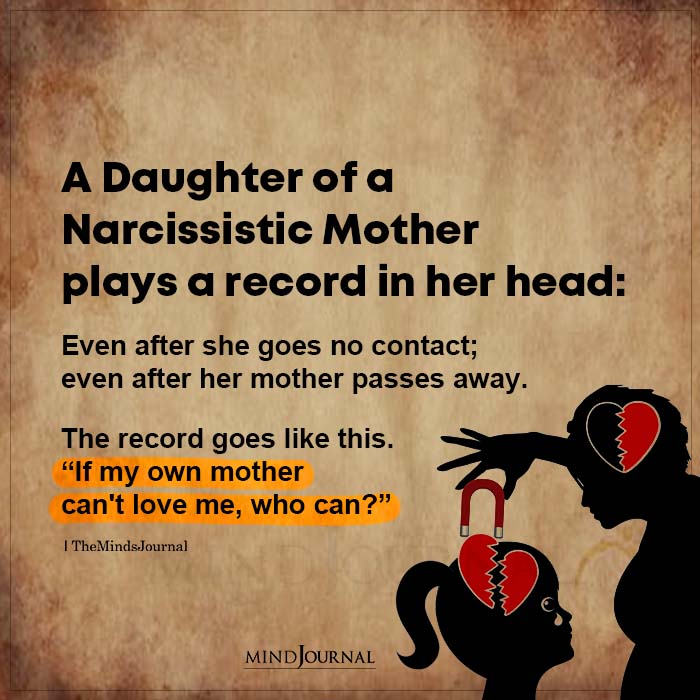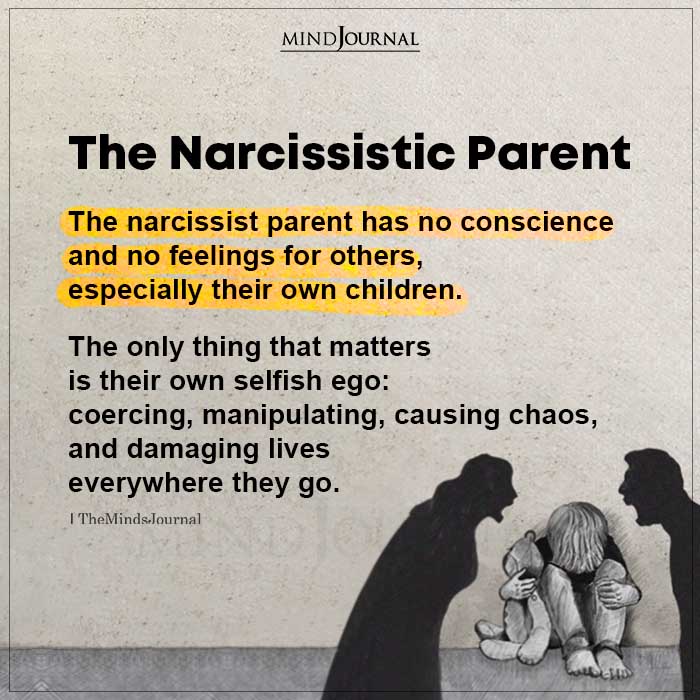Family is like a box of chocolates – you never know what you’re going to get. But for the daughters of elderly narcissistic mothers, that box can feel more like a never-ending rollercoaster ride.
Living with a mom who constantly craves the spotlight can be a real doozy, leaving these daughters feeling overlooked, undervalued, and downright exhausted. They have had to navigate a unique and challenging journey to find their sense of self.
So let’s dive in and explore the unique experiences of the Daughters of Narcissistic Mothers, and how they can reclaim their lives and their identities.
Related Is Your Mom A Karen? 7 Signs She Will “Speak To The Manager”
Aging parents can be a handful, especially if they’re narcissistic. You know the type – always craving attention, insisting on being the center of the universe, and never satisfied with anything you do. But what happens when these self-absorbed folks start getting up there in age?

Daughters of narcissistic mothers often experience a range of negative effects that can have lasting impacts on their emotional, psychological, and social well-being. Some of these effects may include:
Related 7 Things I Learned From Being Raised By A Narcissistic Mother
Effects Of A Narcissistic Mother On Her Daughter
1. The Self-Esteem Struggle
A covert narcissist elderly mother who seems sweet on the surface, but is secretly a covert narcissist. She sees her daughter as nothing more than an extension of herself, unable to comprehend that her child is a separate individual with thoughts, feelings, and desires of her own.

As a result, the daughter is left feeling worthless, unsure of herself, and constantly doubting her judgment. Low self-esteem becomes the norm, and trusting oneself feels like an impossible task. It’s a tricky situation to navigate.
2. Codependent Dilemma
Dealing with an elderly narcissistic mother can be like walking a tightrope. One wrong step, and you’re plummeting into a never-ending pit of guilt and obligation.
But for daughters of these self-absorbed mothers, there’s often an added challenge: codependency. It’s a vicious cycle – you prioritize your mother’s needs above your own, and in turn, struggle to set boundaries or establish healthy relationships.
3. Relationship Roadblocks
Dealing with elderly narcissistic parents can have a profound impact on their daughters, especially when it comes to relationships. From trust issues to difficulty with vulnerability, daughters may find themselves struggling to form and maintain healthy connections with others.
And to make matters worse, they may be drawn to partners who exhibit the same narcissistic traits as their parents. However, setting boundaries to learning how to spot red flags, can break the cycle and build healthy relationships.
4. Chasing Perfection
When you have an elderly narcissistic parent, it’s not uncommon for their perfectionist tendencies to rub off on you. Daughters of these self-absorbed parents may find themselves feeling like they constantly need to prove their worth to the world, striving for an unattainable level of flawlessness.
But here’s the thing – no one is perfect, and it’s okay to make mistakes! It’s important to break free from the shackles of perfectionism and embrace your imperfections.
5. Emotional Ups And Downs
When it comes to dealing with elderly narcissistic parents, emotions can run high. For daughters of these self-absorbed moms, regulating emotions can be a real challenge, especially when stress and conflict rear their ugly heads.
Expressing emotions in a healthy way can feel like an impossible feat, leading to outbursts, withdrawal, and other self-sabotaging coping strategies.
6. Anxiety And Blues
Unfortunately, the impacts of this toxic dynamic can last long after you’ve grown up and moved out. Daughters of Narcissistic Mothers may find themselves struggling with anxiety, depression, and other mental health issues well into adulthood.
The constant criticism, invalidation, and rejection from their mothers can create a never-ending cycle of stress and negative self-talk that can be tough to break. But with therapy and self-care practices, they can find their road to recovery.
Narcissistic Mother: 5 Signs Your Mother Is A Narcissist
How Daughters Of Elderly Narcissistic Mothers Can Overcome Their Trauma
Coping with elderly narcissistic parents can present significant challenges. However, rest assured that we are here to assist you through this trying experience.
From setting boundaries to finding the humor in their absurdity, we’re dishing out all the tips and tricks you need to survive this tricky stage of life.
1. Seek therapy
It can help you process your experiences, identify and understand the effects of narcissistic abuse, and develop healthy coping mechanisms.
2. Set boundaries
Setting boundaries with your mother can help you protect yourself from further emotional harm. This can include limiting contact or establishing clear rules for interactions.
3. Practice self-care
Self-care is essential for healing from narcissistic abuse. This can include exercise, mindfulness practices, spending time in nature, or engaging in creative activities that bring you joy.
4. Cultivate a support system
Surrounding yourself with supportive friends, family members, or a support group can help you feel less isolated and provide a safe space for you to share your experiences.
5. Develop self-compassion
It’s important to practice self-compassion and recognize that the abuse was not your fault. You deserve love, respect, and care.
6. Practice forgiveness
Forgiveness does not mean forgetting or condoning the abuse, but it can help you let go of resentment and move forward with your life.
Related: 8 Ways A Covert Narcissist Mother Ruins Her Child’s Future
Remember that healing from narcissistic abuse is a process and it may take time. Be patient with yourself and seek help when needed.









Leave a Reply
You must be logged in to post a comment.